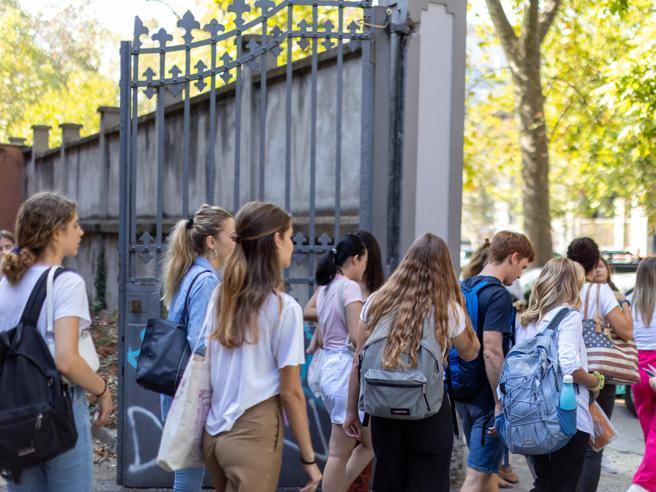The Medicine test is changing again. The upcoming exams, originally scheduled for February, have been postponed to April and May.
The main novelty is that the test questions will be selected from an “open and public” database of thousands of questions being prepared by the Cisia, an interuniversity consortium for integrated access systems, in these weeks. Students will be able to practice with the questions before the test, and if lucky (though the probability remains low), they may even encounter some of the questions they practiced on the day of the exam.
It’s a bit like what happens with the driving license exam. The questions will be public.
The Medicine test is changing. Minister Anna Maria Bernini is also considering a common semester before the test.
All the details should allow fourth-year high school students to participate as they did last year. As for students who took the test in 2023 while in their fourth year, the ministry is studying the possibility of still validating their test.
The decree from the Minister of University, Annamaria Bernini, is expected in the coming weeks with all the details. Each test being different from the others, the results were “equalized” by multiplying the obtained score by a difficulty coefficient.
However, the major issue was the actual trading of answers, as questions could be repeated on different days in different exams. Hence the decision to use a set of public – but numerous – questions to compose the test, similar to some public competitions.
For some months, the Ministry has been studying the possibility, as Bernini explained, “to introduce new forms of access to Medicine that structurally overcome the issues that have emerged.” In other words, to cancel the entrance test around high school graduation and introduce a “trapdoor,” similar to the one in the French model.
The starting point for the reform – which could come to light this year – is two draft laws being discussed in the Senate committee. The principle is to have students attend a common semester in subjects with open access, such as medical biotechnologies and sports sciences, at the end of which, in January, those who have passed the three required exams (medical physics, cellular and genetic biology, principles of human anatomy) can take the test that determines the national ranking and access to different universities, as is the case now.
Those who do not pass can continue their course or enroll in another degree. The minister reiterates to those who have doubts about the timing of enrollment for students who do not pass the exams or the test that they will not lose a year of study as a result.
To cope with what the rectors fear will be a flood of enrollees – over fifty thousand – for the first common semester, universities are encouraged to organize online courses, including in collaboration with virtual universities, except for anatomy exercises that must be held in person. January 5, 2024 (modified on January 5, 2024 | 15:00)
© RESERVED REPRODUCTION
